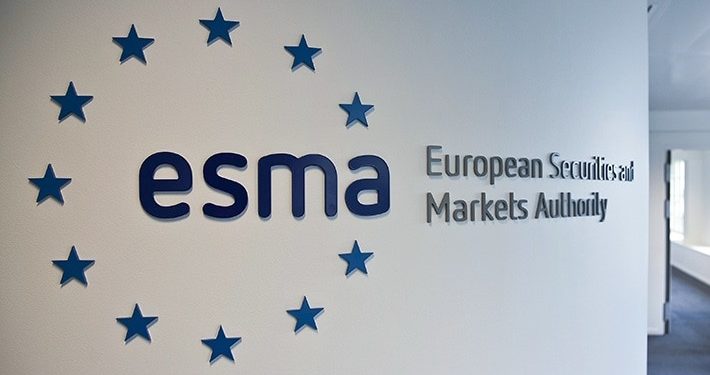European Sustainability Reporting Standards Statement
The European Securities and Markets Authority (ESMA) releases the European Sustainability Reporting Standards statement, aimed at providing assistance for ESRS applications.
The first batch of large entities will disclose information based on ESRS comply with the revised Accounting Directive and Transparency Directive in 2025. The European Securities and Markets Authority plans to provide entities with disclosure guidelines developed by the European Commission and the European Financial Reporting Advisory Group (EFRAG), as well as areas of attention for entities in the disclosure process.
Related Post: EU Approves European Sustainability Reporting Standards ESRS

Guidelines by European Commission and EFRAG
Although most entities already have experience in disclosing information based on Non-Financial Reporting Directives (NFRDs), there are still challenges in applying the new version of sustainable reporting standards. The European Commission has released FAQs to assist entities in applying ESRS Set 1.
The European Financial Reporting Advisory Group has prioritized the development of ESRS implementation guidelines in response to the EU’s request. EFRAG has released three ESRS implementation guidelines, namely the IG1 Material Assessment Implementation Guidelines, the IG2 Value Chain Implementation Guidelines, and IG3 List of ESRS Datapoints.
In order to improve the interoperability between ESRS and international sustainable information disclosure standards, the European Financial Reporting Advisory Group has also released the Interoperability Guidelines for Sustainable Disclosure Standards with the International Financial Reporting Standards Foundation (IFRS), and the EFRAG-GRI Joint Statement of Interoperability with the Global Reporting Initiative (GRI).
While collaborating with global regulatory agencies, the European Financial Reporting Advisory Group has launched an online platform to collect practical problems related to ESRS implementation. These problems will be classified and written in explanatory documents in the future. The European Securities and Markets Authority recommends that entities refer to the materials provided by EFRAG and regularly communicate with stakeholders. These materials will become an important source for entity employees to conduct internal training on sustainable information disclosure.
Areas of Attention for Entities in Sustainable Disclosure
The European Securities and Markets Authority has summarized the areas of attention that entities should note when disclosing information based on European Sustainability Reporting Standards, including:
- Establish governance arrangements and internal controls that can implement high-quality sustainable information disclosure: entities should establish data collection and analysis systems and internal control systems to conduct assessments and disclose detailed sustainable information, which are crucial for sustainable reporting auditing. Enterprises with previous experience in sustainable information disclosure need to consider whether their existing information disclosure processes need to be adjusted in order to maintain information quality and credibility.
- Properly design and conduct double materiality assessments: entities should identify significant impacts, risks, and opportunities related to sustainability, and select material issues related to it. The entities are required to comply with ESRS requirements, confirm material issues, and publicly disclose the evaluation process. Entities are also required to comply with minimum disclosure requirements and disclose each applicable data point.
- Use transitional reliefs appropriately: Entities may face challenges in data availability and quality when conducting information disclosure based on ESRS for the first time, and they need to obtain data information related to their value chain to meet disclosure standards. If there is a data gap, the entity needs to explain the reason for its occurrence and develop a solution. For exemptions arising from insufficient number of employees, the European Securities and Markets Authority recommends that entities still need to disclose relevant information.
- Prepare a clear sustainability report: entities needs to ensure that the information elements in the sustainability report remain in a clear and identifiable state, and comply with the requirements of ESRS. Entities also need to consider how to disclose information digitally and refer to the standard data point list published by the European Financial Reporting Advisory Group. The final disclosure requirements will refer to the upcoming European Single Electronic Format.
- Establish connectivity between financial information and sustainable information: entities need to disclose the relationship between sustainable information and financial information, and describe the current or expected financial impact of sustainable information. At present, ESRS stipulates that entities can omit this disclosure in the first year and only implement qualitative disclosure in the first three years.
Reference:
European Sustainability Reporting Standards (ESRS) Statement








